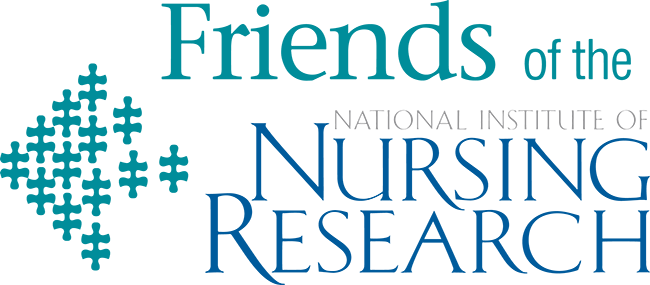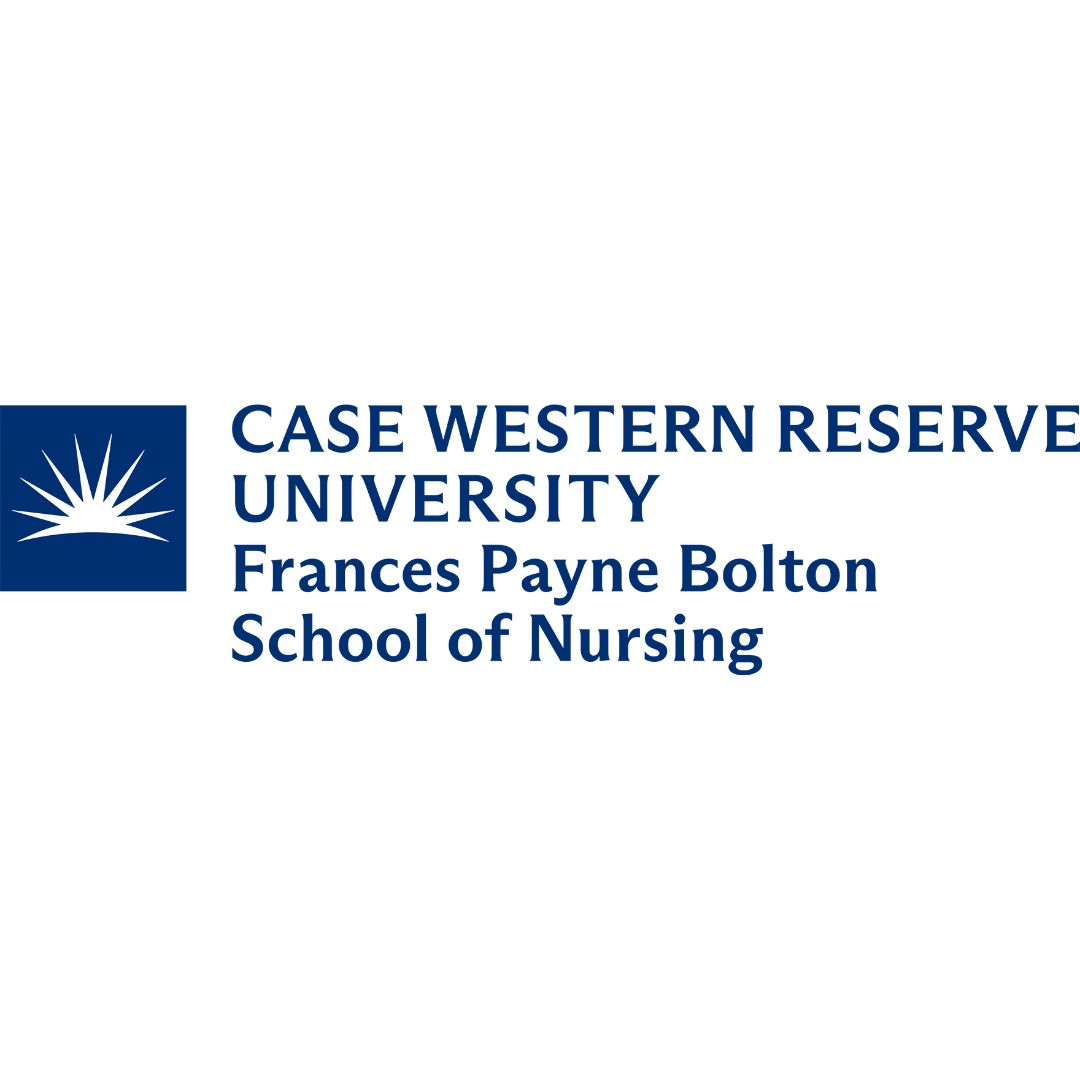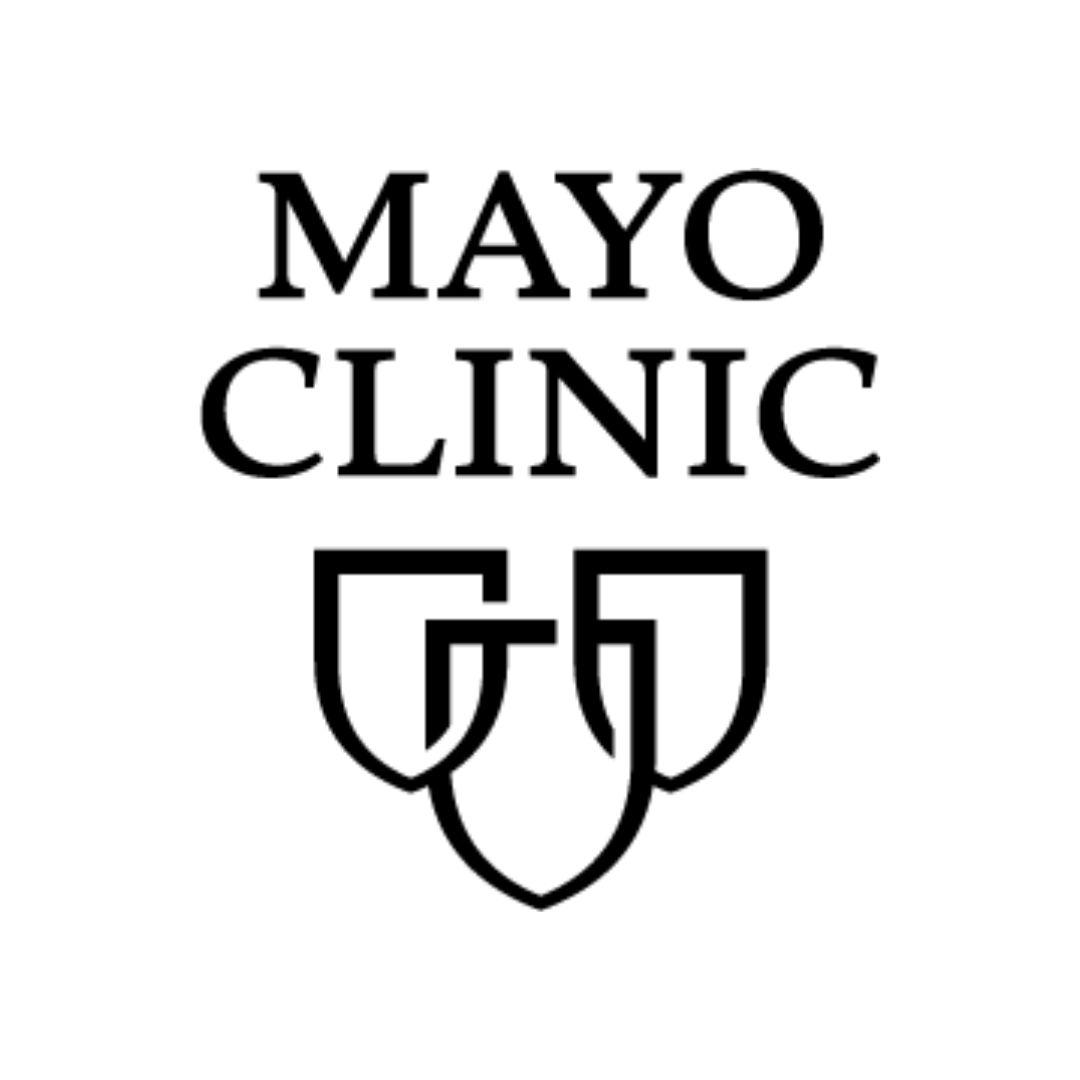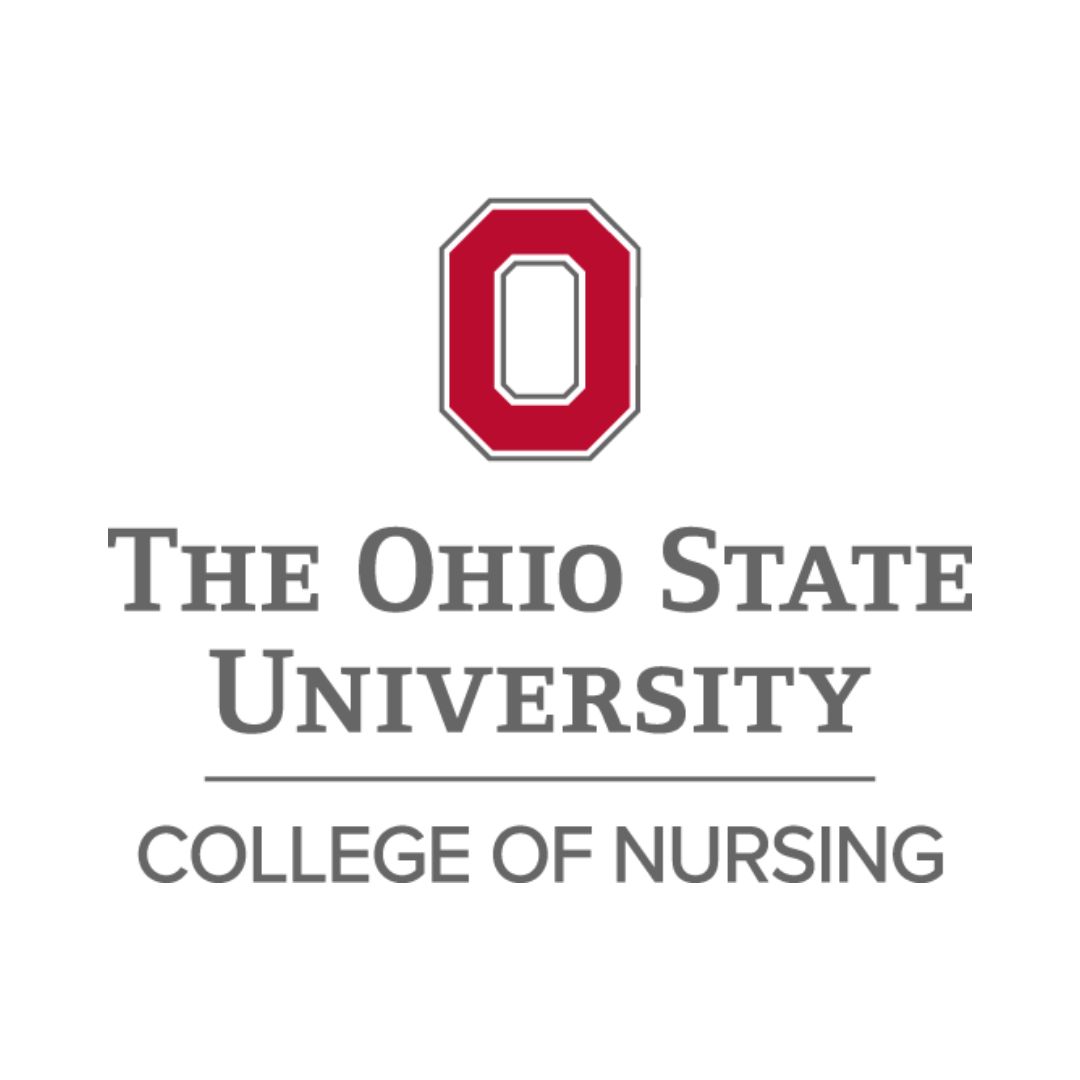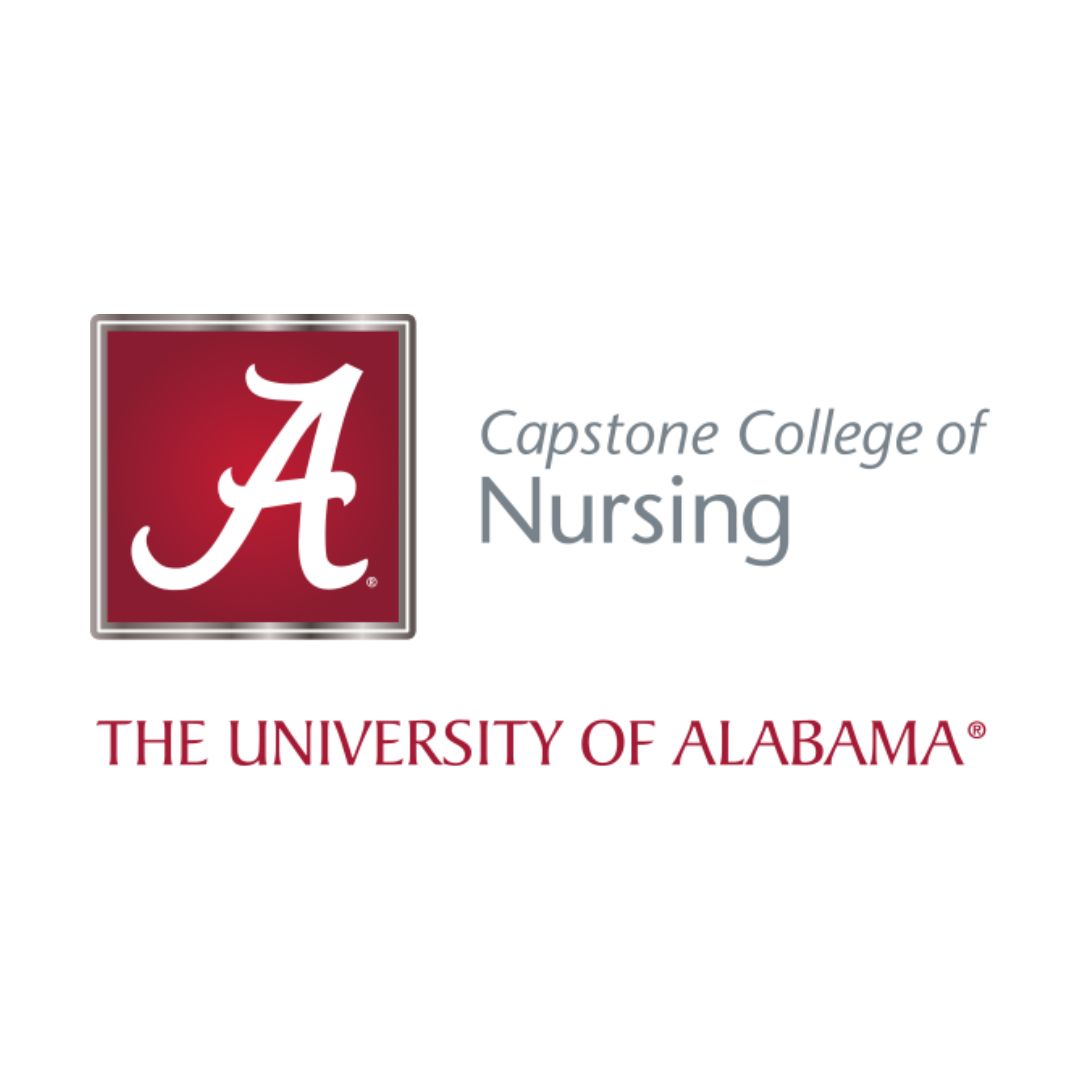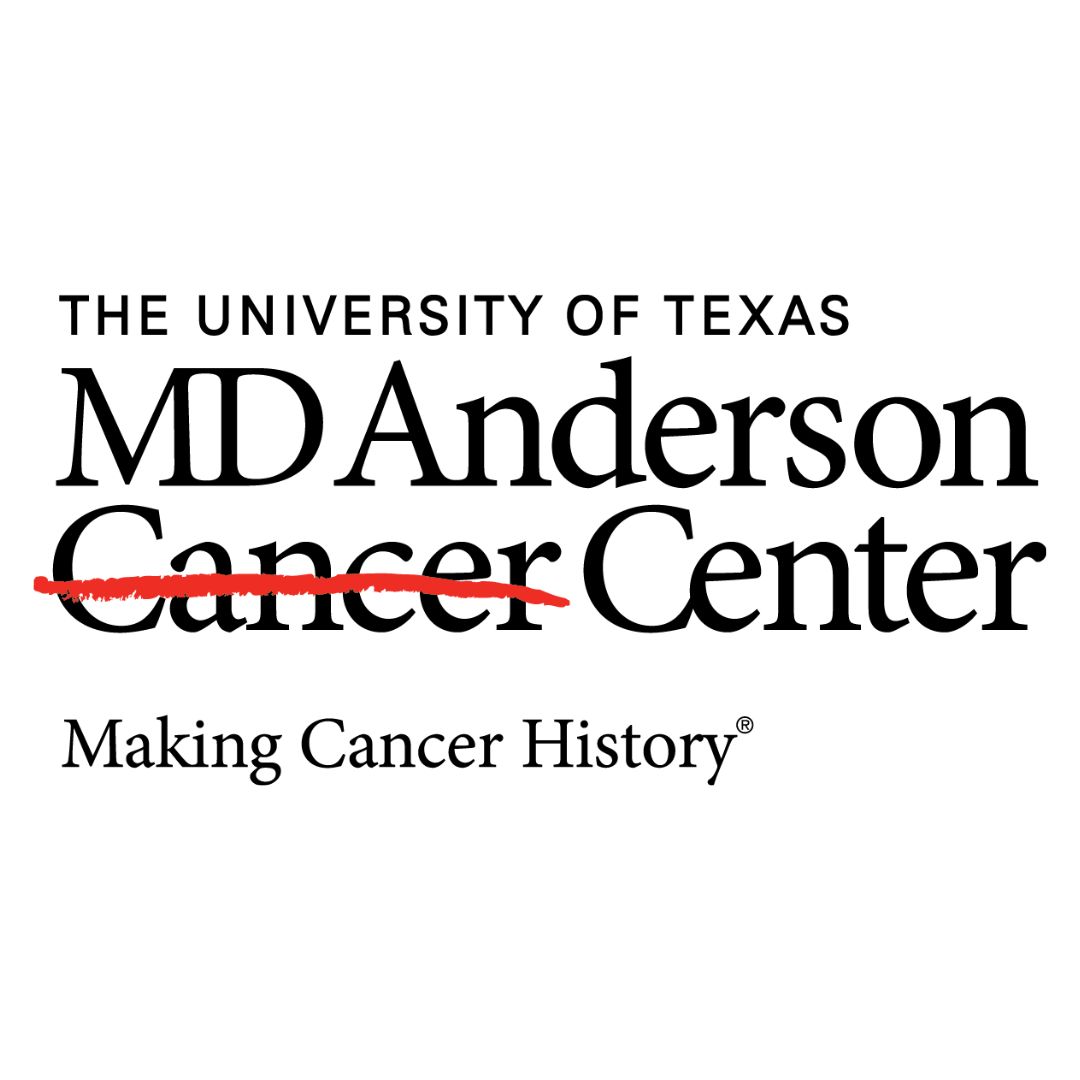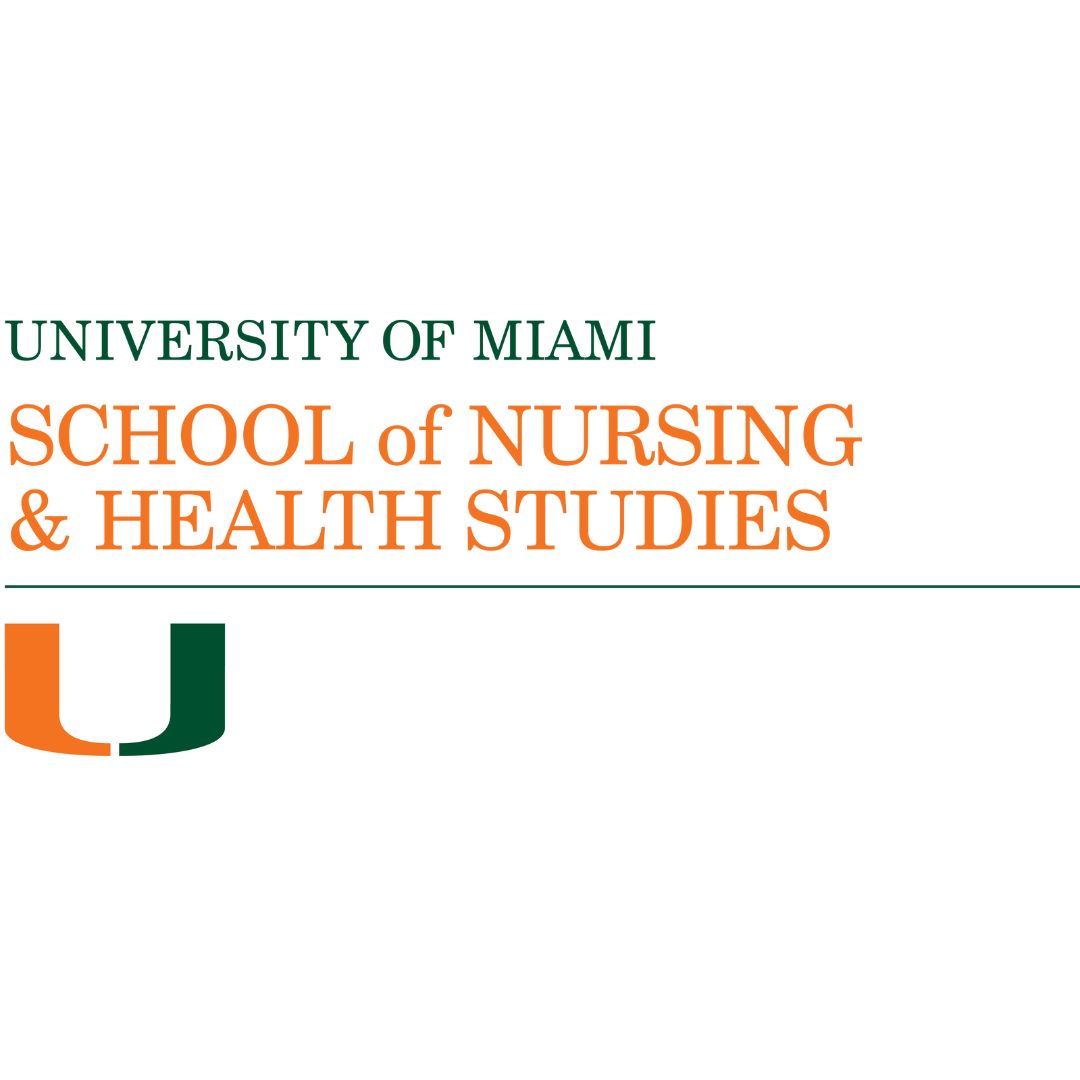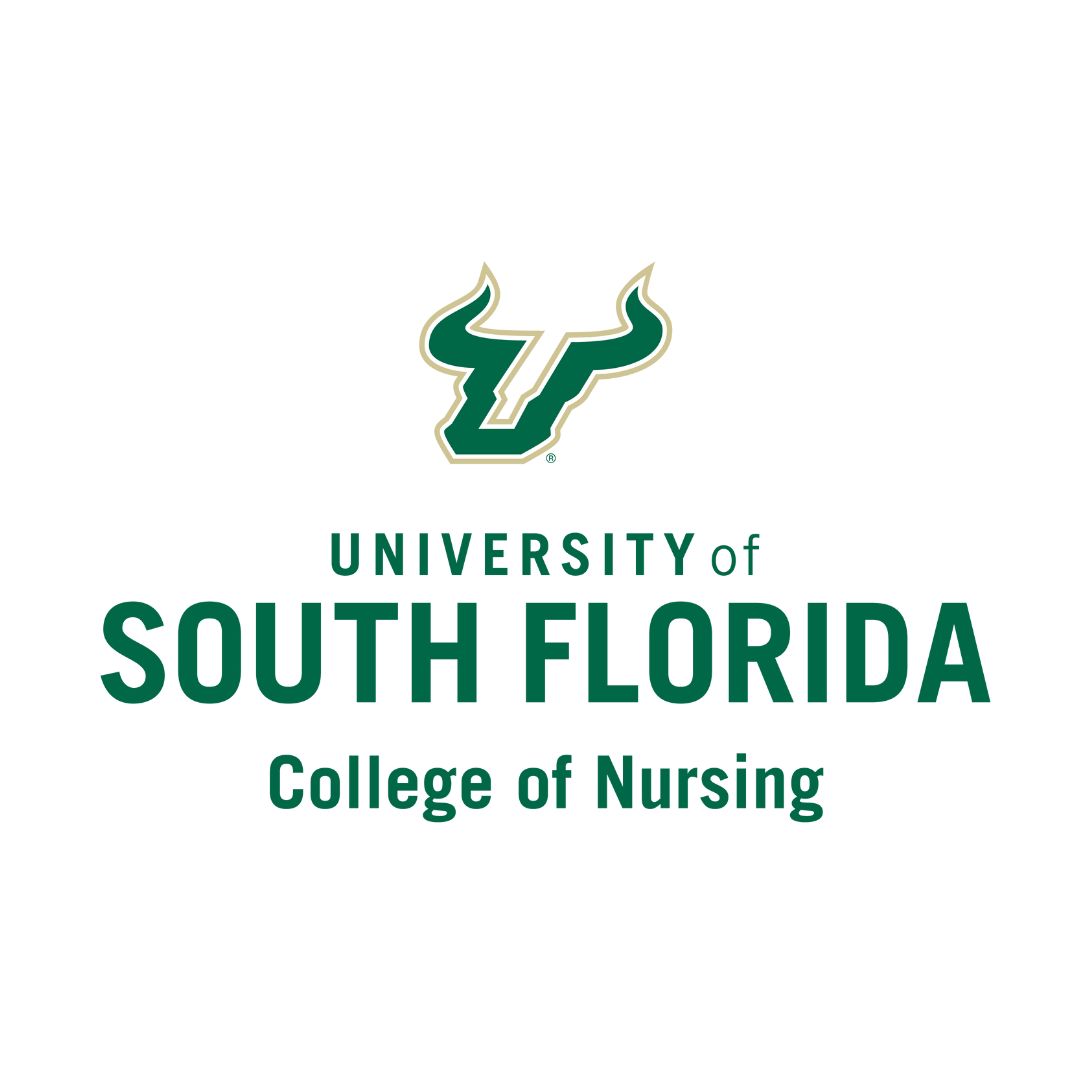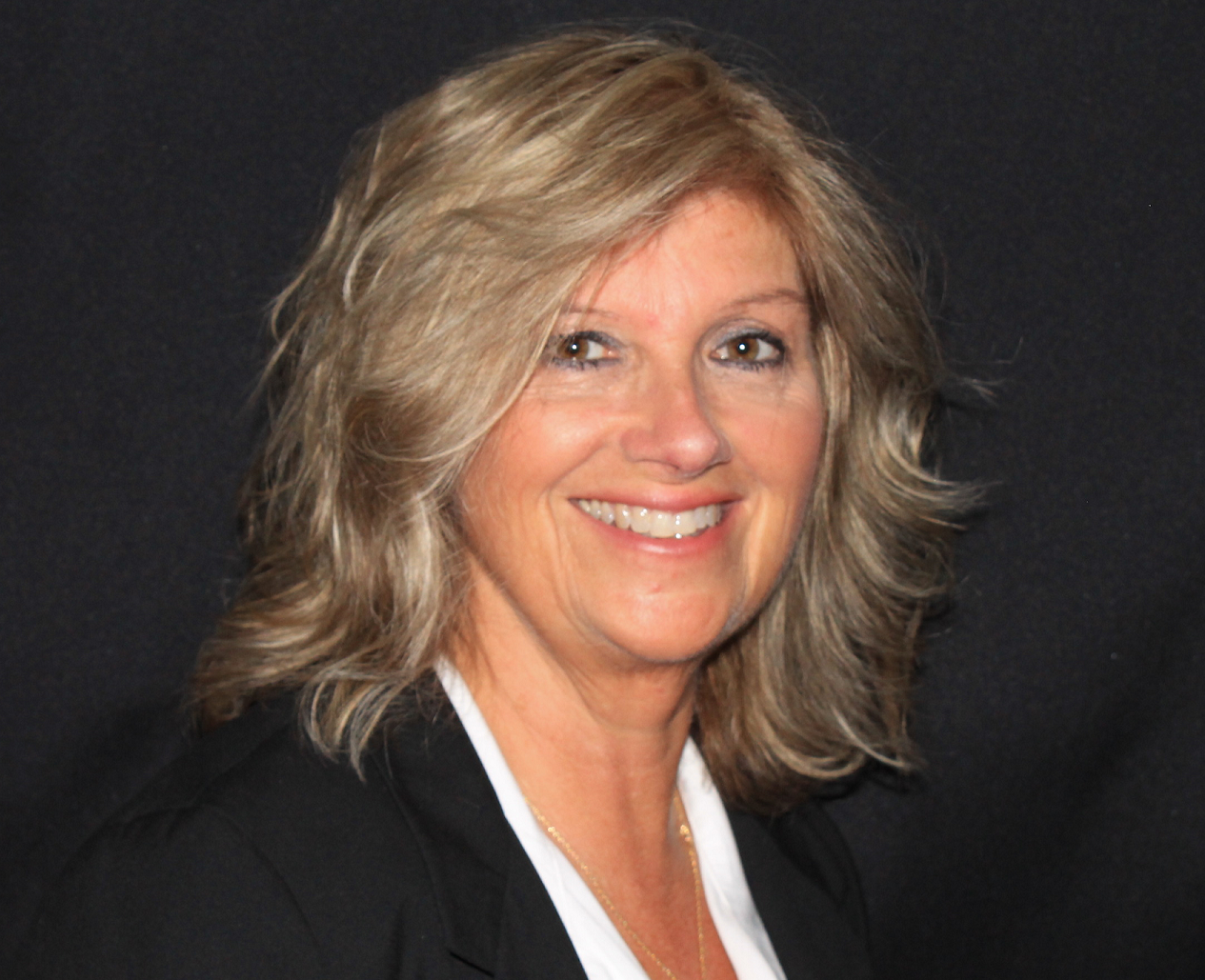 Jill Byrne MSN, RN, CNOR, PhD student
Jill Byrne MSN, RN, CNOR, PhD student
CWRU FPB School of Nursing
Please describe your work with the COVID-19 pandemic.
The focus of my dissertation research is occupational heat stress. I am a frontline trauma OR nurse at the Cleveland Clinic in Cleveland, Ohio. I am terrified by what I am witnessing - with the mandate to cancel all elective surgical cases, one would assume the case load in the operating room would drastically drop, instead the stress and anxiety the general public are experiencing is impacting overall health, igniting a need for emergency surgery. This is a key area for further global-health research. We don't know the COVID-19 status of these patients who need emergent surgery and the entire healthcare staff have to wear full-PPE in these situations, reducing the availability of the limited supplies we are currently challenged with.
Please give us information about your background and history as a nurse scientist.
I have provided a video link that quickly describes my work as a nurse scientist in my plight to bring awareness to occupational heat stress while wearing PPE. https://www.youtube.com/watch?v=K_sMHeJm6y8
What else would you like the public to know about your role or the role of nurse scientists in the fight against COVID-19?
There is never a good time for a disaster like we are experiencing now, but my research is certainly in step with current events and the importance to bring awareness to the physical and psychological dangers of heat stress that occurs while wearing personal protective equipment (PPE). The Integrative Review I wrote for my dissertation is the feature article in the May issue of AORN Journal. Now that a huge percentage of the healthcare workforce are required to wear PPE outside of the operating room, it is extremely important for healthcare leaders to identify signs and symptoms of heat stress and provide interventions to reduce the overall physical and psychological impact on healthcare workers. I am especially worried about novice personnel who are donning the many layers of personal protection for the first time in their careers and not aware of how quickly we become dehydrated and experience a syncopal episode. The effects of heat stress on the brain's response, dehydration, as well as stress and anxiety lowers the ability of the body's immune system to fight exposure to disease and pathogens, which may contribute to healthcare personnel becoming ill or worse contracting COVID-19.
If you would also like to share your story, you can do so by filling out this form.
